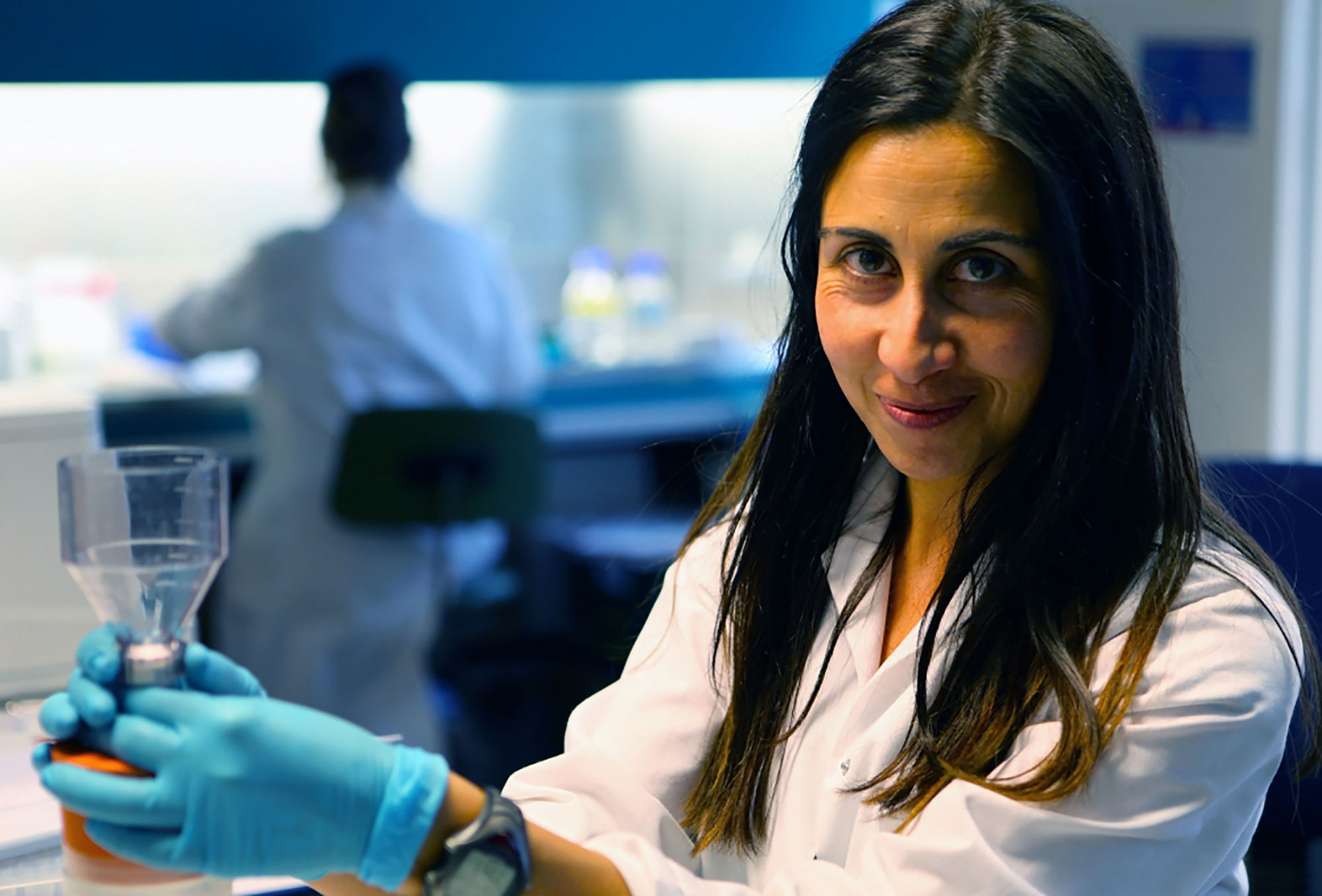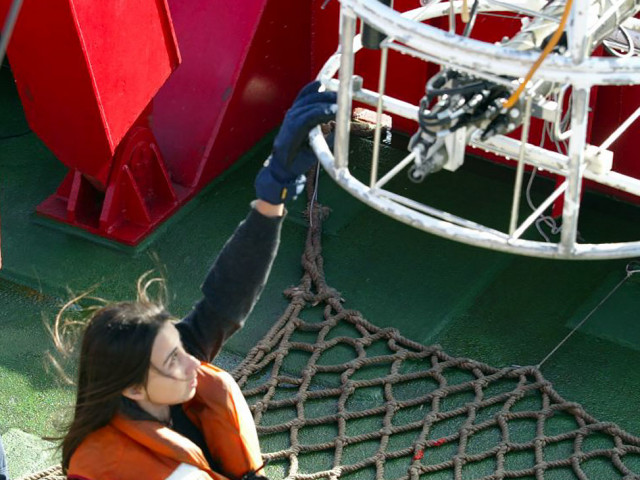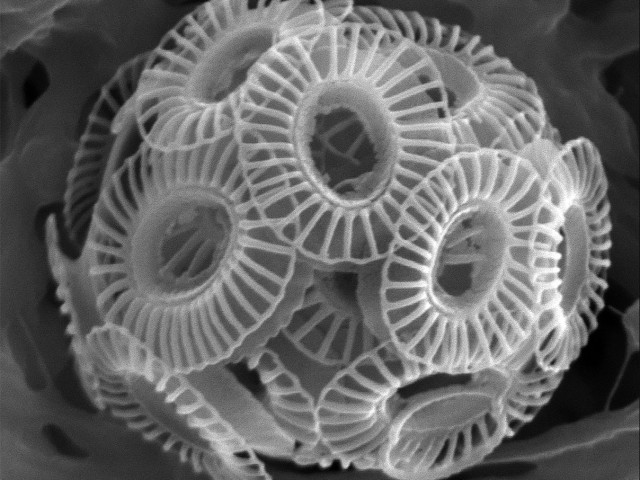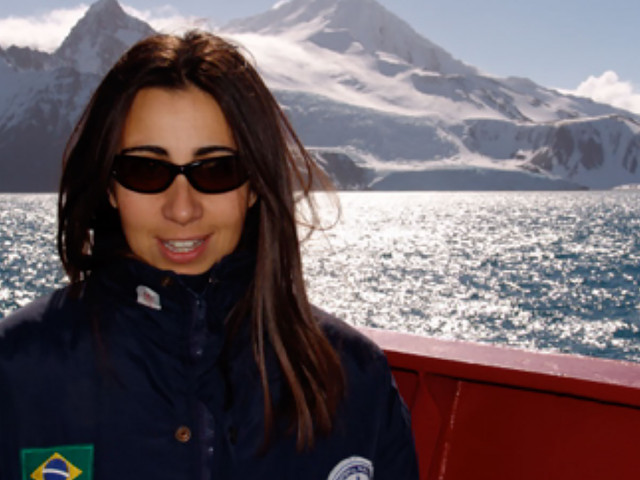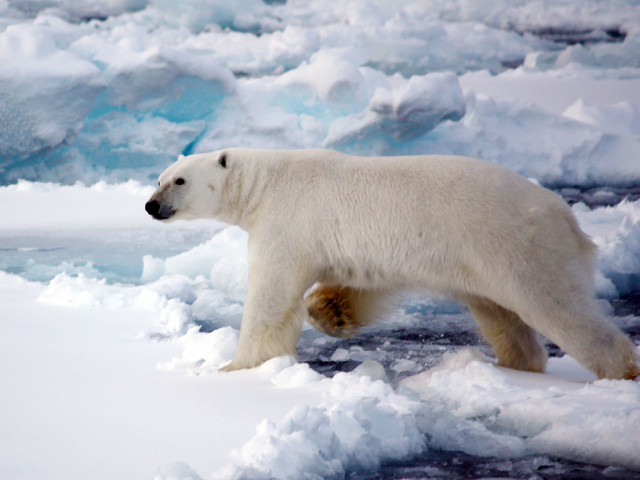About Debora
My name is Debora Iglesias-Rodriguez, and I am an EEMB professor at UCSB. My hometown is Vigo (Galicia), Spain, and I did my undergraduate degree at the University of Santiago de Compostela (Spain) in the Department of Biology. After completing my undergraduate degree, I received my doctorate from the University of Wales (United Kingdom) (advisor: Professor Michael J Merrett). I’ve been at UCSB for five years and teach various EEMB courses (EEMB 142C, EEMB 142CL, EEMB 243) in addition to running a research group.
Why UCSB EEMB?
As a professor at UCSB, I feel I have the best job in the world. UCSB has the perfect environment for an oceanographer - access to sampling sites, ongoing oceanographic programs, great colleagues, and a diverse community of staff, faculty, and students. My lab works on different aspects of the effect of climate change on marine life, from the impact of ocean acidification and oil spills on phytoplankton function, to understanding how diversity and biogeochemical properties of phytoplankton populations are altered in a changing ocean. We use a variety of approaches including genomics and biogeochemistry, and we have a history of collaborations with geologists, physical oceanographers and molecular ecologists to understand long term trends of diversity and function. My work would not be possible without collaborations with other UCSB faculty members and researchers including Professors Valentine (Earth Science), Washburn (Geography), Siegel (Geography), Chmelka (Engineering), Passow (MSI), and Carlson (EEMB). These collaborations include work on oil pollution, phytoplankton bloom dynamics in the California Current following deposition of ash from fires, bacteria-phytoplankton interactions, and the use of various techniques including NMR to understand how marine organisms make their shells and plates of calcium carbonate (chalk).
UCSB has the perfect environment for an oceanographer, it has access to sampling sites, ongoing oceanographic programs, great colleagues, and a diverse community of staff, faculty, and students.
Debora Iglesias-Rodriguez
Professor, Ecology, Evolution, and Marine Biology
Research
While completing my undergraduate degree, I developed an interest in the carbon cycle, and how phytoplankton, the microscopic critters that provide oxygen to our atmosphere, adapt to environmental change. My first experience with oceanography came as a student, during an expedition to the Sargasso Sea, where I saw bioluminescence for the first time, and I learned about oceanographic sampling using amazing instrumentation that can reach the deep sea. This is the best time to be an oceanographer!
Today my research is centered around how phytoplankton are affected by human perturbation. The organisms I study are at the base of the food chain, so their relative abundance and biochemical composition determines the survival and health of almost all marine animals that have larval stages through their development. Anthropogenically-driven stressors like warming or ocean acidification do not happen in isolation and therefore, we need both understanding real world scenarios in the field and determine the mechanisms behind in the lab. Also, by looking at past trends using the geological record can help interpret observations in the modern ocean. What I find particularly rewarding about science is when my results do not fulfill the expected and racking my brain and obsessing about the problem lead me to a discovery.
